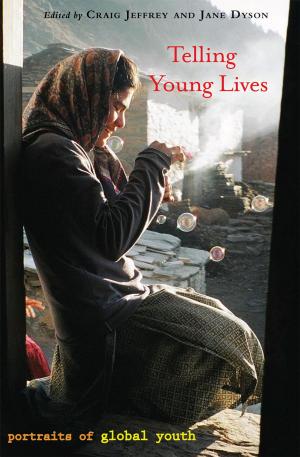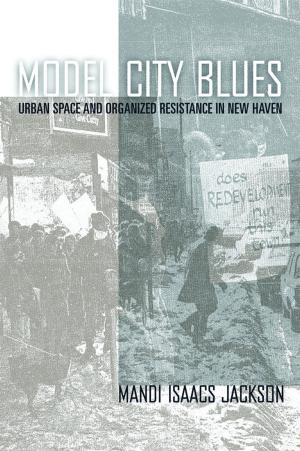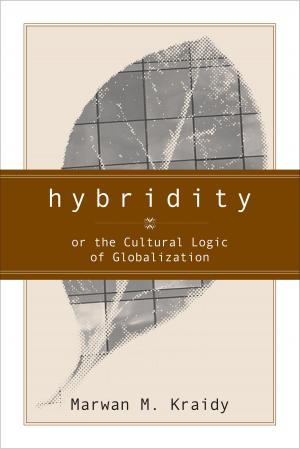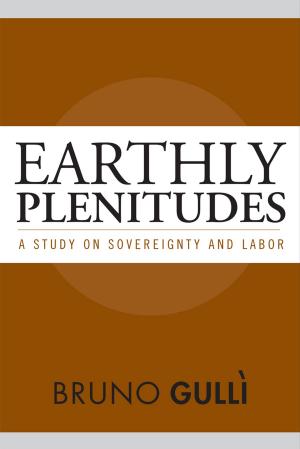Revolutionary Passage
From Soviet To Post-Soviet Russia
Nonfiction, Social & Cultural Studies, Social Science, Sociology| Author: | Marc Garcelon | ISBN: | 9781592133635 |
| Publisher: | Temple University Press | Publication: | June 28, 2005 |
| Imprint: | Temple University Press | Language: | English |
| Author: | Marc Garcelon |
| ISBN: | 9781592133635 |
| Publisher: | Temple University Press |
| Publication: | June 28, 2005 |
| Imprint: | Temple University Press |
| Language: | English |
Revolutionary Passage is a cultural, social, and political history of Russia during its critical period of transformation at the end of the twentieth century. Marc Garcelon traces the history of perestroika and the rise of Vladimir Putin, arguing that the pressure Mikhail Gorbachev's reforms put on the Soviet system gave birth to movements for democratic change. He also shows that the very political arrangements that prompted the fall of Communism also killed hopes for subsequent reform. At the turning point of this political revolution stood Democratic Russia, or DemRossiia, the principal organization of the Russian democratic movement that helped to dismantle the Soviet system and force the Soviet leadership to change course. However, as post-Soviet Russia committed itself to globalization and U.S.-style economic reforms, the country directed itself away from the Democratic reforms called for by organizations like DemRossiia, and such groups collapsed. Revolutionary Passage provides a close examination of the DemRossiia. Garcelon deftly illuminates the rise and decline of this organization, and how the processes of revolutionary change impacted both Russia and the world.
Revolutionary Passage is a cultural, social, and political history of Russia during its critical period of transformation at the end of the twentieth century. Marc Garcelon traces the history of perestroika and the rise of Vladimir Putin, arguing that the pressure Mikhail Gorbachev's reforms put on the Soviet system gave birth to movements for democratic change. He also shows that the very political arrangements that prompted the fall of Communism also killed hopes for subsequent reform. At the turning point of this political revolution stood Democratic Russia, or DemRossiia, the principal organization of the Russian democratic movement that helped to dismantle the Soviet system and force the Soviet leadership to change course. However, as post-Soviet Russia committed itself to globalization and U.S.-style economic reforms, the country directed itself away from the Democratic reforms called for by organizations like DemRossiia, and such groups collapsed. Revolutionary Passage provides a close examination of the DemRossiia. Garcelon deftly illuminates the rise and decline of this organization, and how the processes of revolutionary change impacted both Russia and the world.















